To Build a Better World
Most people are familiar with UNESCO. Fewer are aware that it was co-founded by noted eugenicist, Julian Huxley. Even fewer still know that he practically immediately split with this… monsterous creation, to go co-found the International Union for the Conservation of Nature.
Thing is, however - ‘ole Jules didn’t just co-found those two.
No, in addition to UNESCO and the IUCN, Julian Huxley1 also co-founded another EIGHT organisations, of which the World Wildlife Fund was long seen as the fund-raising arm of the IUCN. But (given contemporary predicament) what’s of interest is that he also co-founded the International Humanist and Ethical Union, in 1952.
In general, ChatGPT appears to conclude that the common indicators through all his endeavours beyond conservation is humanism and the integration of scientific and ethical thinking.
In contemporary day, the IHEU goes by the name of the Humanity International2.
… and incidentally they, too, have their own version of a ‘Declaration of Interdependence’, a topic covered in the past… however…
… their version appears rather interesting to say the least - because it explicitly fuses Global Ethics3 into its headline.
But rather than cover this document at this juncture - if for no other reason but it being a rather lengthy document, probably to ensure that you won’t read it - let’s instead return to the beginning - and the first efforts of the IHEU was the Amsterdam Declaration of 19524. And let’s dive right in as we have a few documents to go through -
‘Ethical humanism unites all those who cannot any longer believe the various creeds and are willing to base their conviction on respect for man as a spiritual and moral being‘
Straight off to a moral call. These things always start with a moral call.
‘It is democratic. It aims at the fullest possible development of every human being. It holds that this is a matter of right‘
… to be viewed in the context of the Universal Declaration of Human Right having only just been released a few years prior.
‘It advocates a world-wide application of scientific method to problems of human welfare. Humanists believe that the tremendous problems with which mankind is faced in this age of transition can be solved. Science gives the means but science itself does not propose the ends‘
Interesting wording, because while science is considered to bring the means, it’s also recognised that it doesn’t solve the ultimate question - what’s the purpose?
‘Humanism is ethical. It affirms the dignity of man and the right of the individual to the greatest possible freedom of development compatible with the right of others‘
… we have dignity - addressed recently - which should be considered along with the above alleged ‘human rights’ -
‘… personal liberty is an end that must be combined with social responsibility in order that it shall not be sacrificed to the improvement of material conditions. Without intellectual liberty, fundamental research, on which progress must in the long run depend, would not be possible. Humanism ventures to build a world on the free person responsible to society‘
And with ‘human rights’ come ‘responsibilities’. That takes us to the InterAction Council, who in 1997 brought us the tentative ‘A Universal Declaration of Human Responsibilities‘5 - covered in the Living with Dignity article above - naturally in collaboration with Hans Kung…
And Hans Kung - the former president of the Ethos Institute - in 1993 brought us the ‘Towards a Global Ethic: An Initial Declaration‘, incidentally requested for the 1993 Parliament on World’s Religions6. And that’s of importance, we’ll get to why later. He incidentally passed away just a few years back. He didn’t live quite long enough to see his… efforts… come to fruition.
‘It is a way of life, aiming at the maximum possible fulfilment, through the cultivation of ethical and creative living. It can be a way of life for everyone everywhere if the individual is capable of the responses required by the changing social order‘
In short, it’s about the collective - certainly not you - and the required social order for this vision to become reality.
‘Ethical humanism is thus a faith that answers the challenge of our times‘
And no - it is definitely not a faith… unless you consider satanism one.
So to summarise, ethical humanism is an alternative to religion, it’s to be guided by science, driven by morality, lead to the development of human rights and responsibilities, consider the dignity of man, the development of social responsibility, and lead to the cultivation of ethics and the changing of social order.
And to summarise even that - through replacing religion with science-based ethics, it’ll lead to the changing of the social order, and the development of human rights and responsibilites.
-
But that still leaves us short of a purpose, because ‘ethical humanism’ is simply the mechanism getting us there. And that’s where the 2022 update to the Amsterdam Declaration enters the stage7.
‘Modern humanism is the culmination of these long traditions of reasoning about meaning and ethics, the source of inspiration for many of the world's great thinkers, artists, and humanitarians, and is interwoven with the rise of modern science.‘
We have the purposive (meaning), we have the normative (ethics), and we have the pragmatic and the empirical (modern science). It’s an Erich Jantsch full house8.
‘We accept that morality is inherent to the human condition… the worth and dignity of the individual and the right of every human to the greatest possible freedom and fullest possible development compatible with the rights of others. To these ends we support peace, democracy, the rule of law, and universal legal human rights.‘
So far, so good. It’s not revolutionary, but does shed light on some of their vectors of implementation.
‘We reject all forms of racism and prejudice and the injustices that arise from them. We seek instead to promote the flourishing and fellowship of humanity in all its diversity and individuality.‘
… all principles derived from arguments, pivoting on alleged morals and ethics.
‘We hold that personal liberty must be combined with a responsibility to society. A free person has duties to others, and we feel a duty of care to all of humanity, including future generations, and beyond this to all sentient beings.‘
And now an indirect inclusion of ‘intergenerational equity/justice’, which - in very brief - means ie discriminating against your childen, because of alleged crimes of your parents - like burning fossil fueld. In other words, it’s the original sin, repackaged9. And ‘intergenerational equity’ is also an argument which carries you to what might initially appear strange places…
… where said on occasion turns out to have very odd - but somewhat revelatory - definitions of exactly what constitutes ‘ethical’ to these people…
The Amsterdam Declaration continues -
‘We recognise that we are part of nature and accept our responsibility for the impact we have on the rest of the natural world.‘
And we are indeed a part of nature, and must be balanced in accordance… as outlined by 1968 UNESCO Biosphere Conference Recommendation 3.3 (not forgetting the explicit mention of zoonotic disease in 3.2) -
And this principle, incidentally, can also be found in the Pandemic Agreement, which they no doubt right now conspire to push through - regardless of whether you agree with its foundational principles… or not.
But the headline actually captures it all, through a somewhat brief description of - [1] ‘Humanists strive to be ethical‘.
[2] then carries on, outlining that - ‘Humanists strive to be rational‘
‘We advocate the application of science and free inquiry to these problems, remembering that while science provides the means, human values must define the ends.’
The use of science (or its manufactored cousin) should provide the means, but ‘human values’ should define the ends…
‘We seek to use science and technology to enhance human wellbeing, and never callously or destructively.‘
… and that’s probably as close to a defined purpose we’ll get - human wellbeing. As for not ‘using science for destructive purposes’ - what you’re supposed to think is ‘nuclear weapons’, but what these lunatic ‘humanists’ think is ‘too many people on the planet’.
Ultimately, for ‘Planetary Health’ their take is that we need Planetary Management.
And [3] then carries on - ‘Humanists strive for fulfillment in their lives‘
‘We value all sources of individual joy and fulfillment that harm no other, and we believe that personal development through the cultivation of creative and ethical living is a lifelong undertaking.’
See, ethical living will bring you to the promised lands of harming no other, and the lifelong undertaking refers to that lifelong learning10, which is intended to continuously update your indoctrination wrt contemporary ‘global ethics’.
‘We therefore treasure artistic creativity and imagination and recognise the transforming power of literature, music, and the visual and performing arts.’
As in, they will strive to brainwash and indoctrinate through books, newspapers, music, movies - and other subtle means of influence.
‘We appreciate individual and communal exertion in physical activity, and the scope it offers for comradeship and achievement.‘
… no comment necessary.
‘Humanism meets the widespread demand for a source of meaning and purpose to stand as an alternative to dogmatic religion, authoritarian nationalism, tribal sectarianism, and selfish nihilism’
And et voila. We’ve found the purpose.
‘Though we believe that a commitment to human wellbeing is ageless, our particular opinions are not based on revelations fixed for all time. Humanists recognise that no one is infallible or omniscient, and that knowledge of the world and of humankind can be won only through a continuing process of observation, learning and rethinking‘
And that purpose is human wellbeing… though they reserve the right to reinterpret exactly what that entails… and to carry out this objective requires a continuous, gradually changing process of indoctrination… as new science is fabricated, leading to new ‘global ethics’ when intersected with the contemporary purpose.
So to summarise -
The purpose is human wellbeing, and
The means is science, but the understanding of said is
Not fixed for all time, thus calling for
Lifelong learning, to be reinforced through
Books, newspapers, music, and movies, delivered to you and constituting a framework of
Ethical living, intended to
Balance human rights with responsibilities, ensuring you will
Harm no other which leads to
Intergenerational equity, justice, peace, democracy, the rule of law, and universal legal human rights, thus ensuring you will be
Living with Dignity.
In other words - the purpose, the meaning of it all, the objective is human wellbeing. Which - incidentally - is also where this recently launched initiative takes us.
What I say is that they haven’t yet won the battle. If it feels as though they’re accelerating the plan, it’s because they are. We still have time to stop - or even derail - the train they set in motion generations ago. But how?
Well, perhaps - in an ironic twist - this will come of use.
And who knows; perhaps those ‘humanists’ are right about a thing or two. Perhaps we can find inspiration in - and indeed should commit to - ‘the unfettered expression and exchange of ideas, and seek to cooperate with people of different beliefs who share our values, all in the cause of building a better world.‘
It’s just that - unlike them - we shall not drape our rhetoric in sheep's clothing.




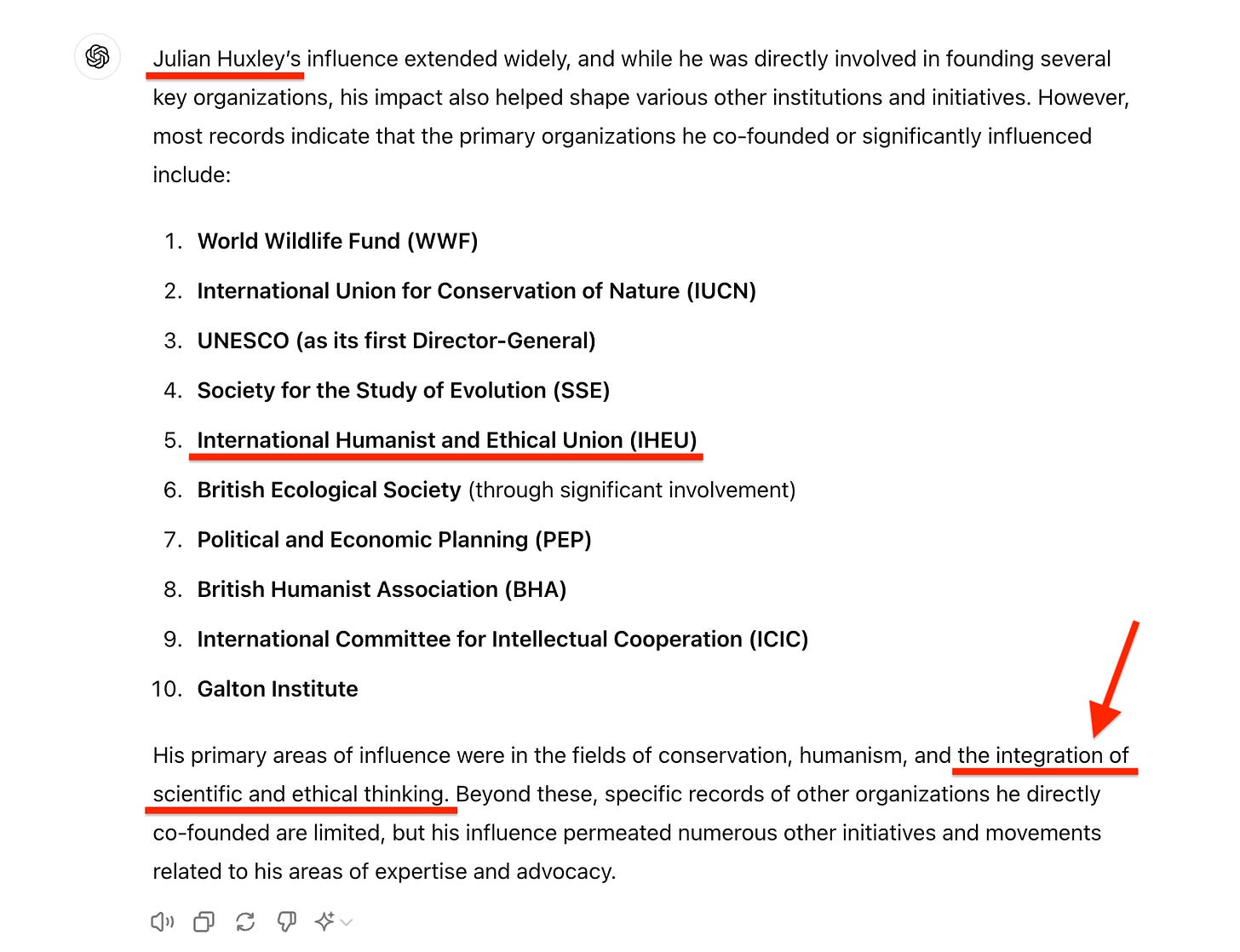
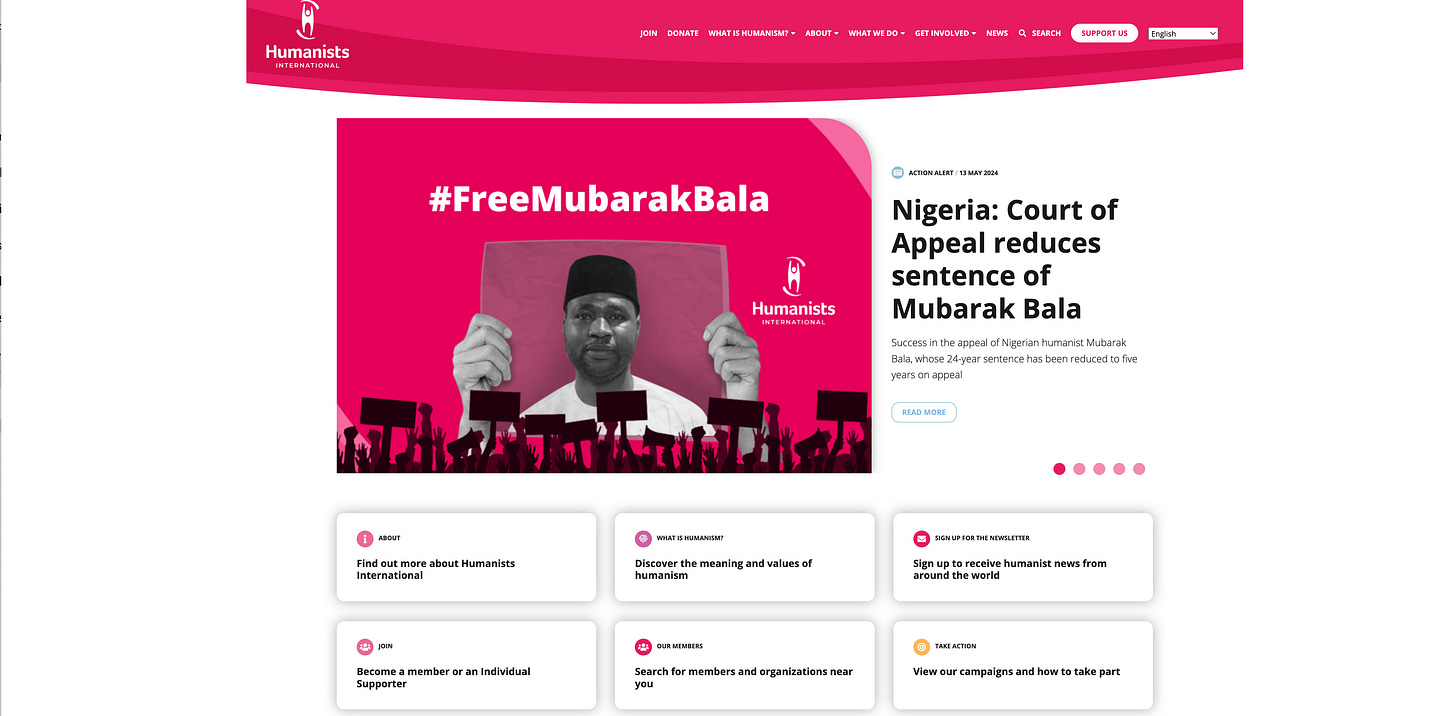


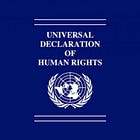

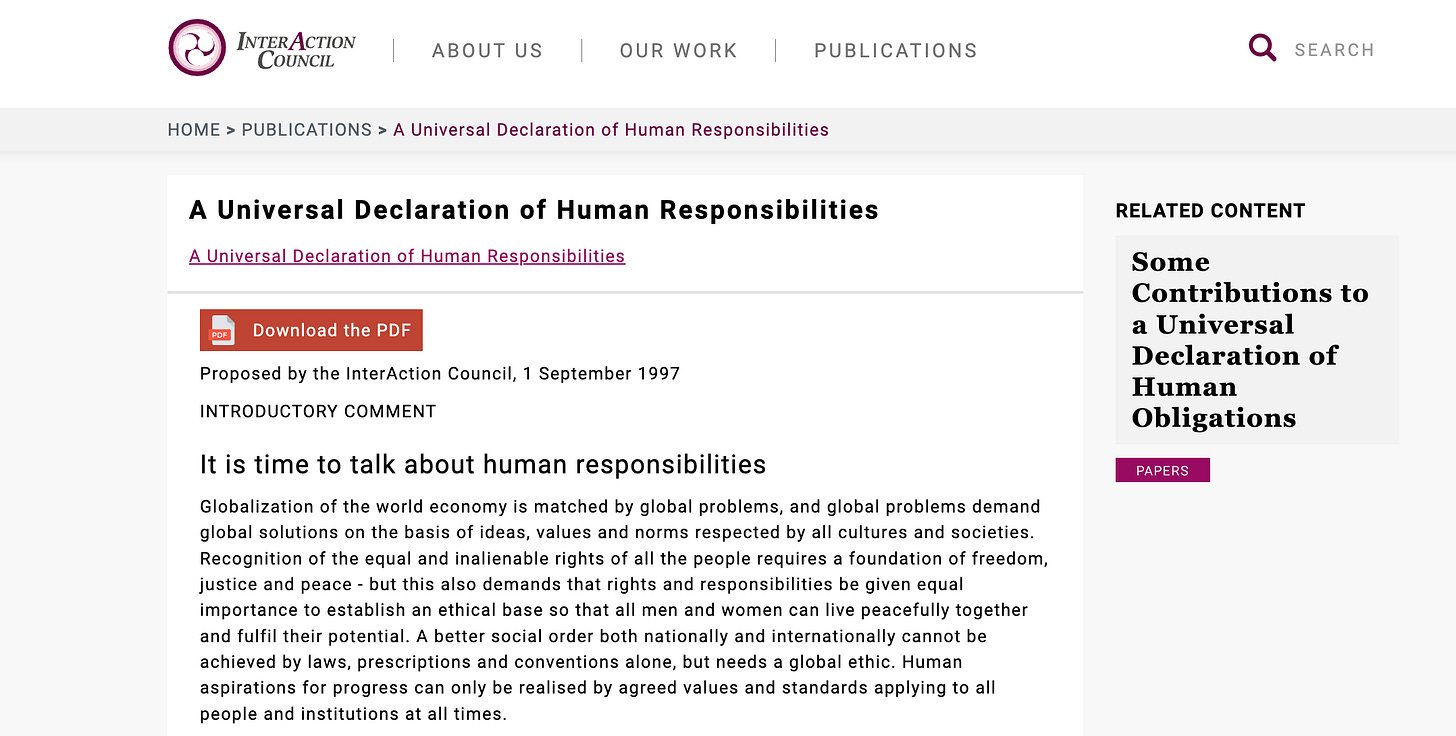


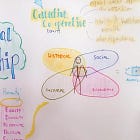


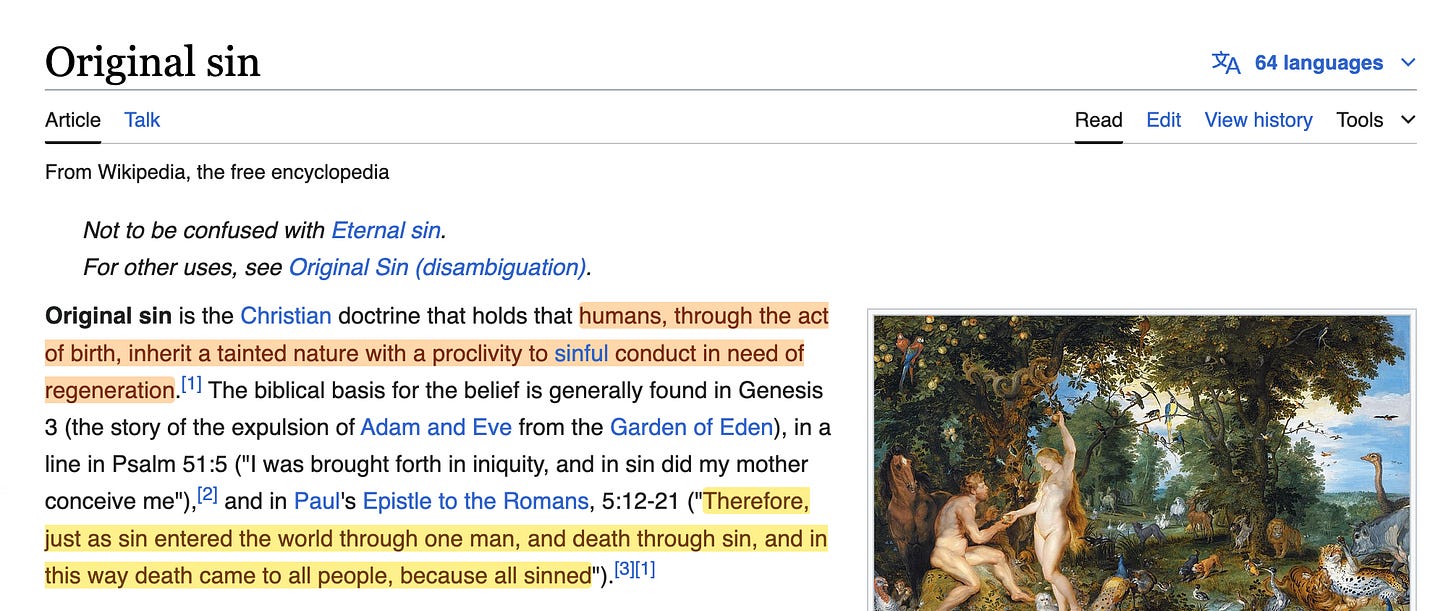





![WHO Pandemic Agreement [April, 2024]](https://substackcdn.com/image/fetch/$s_!HHbL!,w_140,h_140,c_fill,f_auto,q_auto:good,fl_progressive:steep,g_auto/https%3A%2F%2Fsubstack-post-media.s3.amazonaws.com%2Fpublic%2Fimages%2Fb69c8066-0498-4924-af63-1344abb2ec85_1206x612.png)

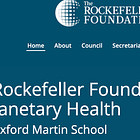





I’ve benefitted hugely from the historical research of Dom and Chris Waterson of www.sheepfarm.co.uk
They’ve released at least seven lengthy podcasts in the broad topic of the influential, multigenerational Huxley family.
I think it’s not unreasonable to attribute some of the philosophical shape of the globalist tyrants to the Huxleys.
Their approach is to see the world & everything in it as mechanical and natural as opposed to created and having spiritual dimensions.
There’s no way to separate the Huxleyan view of humans as no different from animals & their eugenic views.
When we hear Schwab, Harari and others, you are definitely listening for the “Echoes of the Huxleys”.
This of course didn’t start with the Huxley family. There doesn’t appear to be an earliest time, before which there wasn’t a group of privileged people in Britain (principally England) and North America who had a dim view of their fellow humans.
It may be that the first time a powerful group of people gathered & began to formulate their ideas about how to build control systems over others, was when the Lunar Society of Birmingham was established. This was mid to late 18th century, before the American Declaration of Independence. A number of people claim that the very same notions of covert domination of others through formation of relationships between the wealthy and powerful “elites” goes back much earlier still.
Scrolling forward, we see repeatedly the same basic phenomenon. The self-appointed “elites” (I call them “The Useless Eliters”, because it is them alone who are genuinely a waste of oxygen and a dominant expression of evil in the world. I eventually found it impossible to reconcile the open-ended planning and scheming of several, multigenerational families and foundations of formerly ultra-wealthy individuals, always to dominate, control harm almost everyone else on earth, with anything else but a diabolical mindset, retained down the centuries. Whether rational or not, at the same time, for me in summer 2021, I felt a renewal of faith in an overarching goodness of God. The principal effect on me from regarding the Useless Eliters as extraordinarily dark is the counterbalancing lightness of the power of good, which has all but washed away any fear. These people may be able to crush my physical body, but not my soul. I do not consent.
If this is relatively new to you, I recommend Sheepfarm podcasts as a very listenable source. They come at this with an exclusively secular approach, by the way.
https://sheepfarm.co.uk/music/sf115-brave-new-world-order-ep1-echoes-of-the-huxleys-series-1-sheep-farm-meet-the-flockers/
The Waterson brothers aren’t doing this for money. However, there are modest costs associated with running a website and creating & curating podcasts. So, members get access to entire podcasts and can also download for offline listening. This is ideal if you travel long distances or can accompany manual work by listening.
Membership is a peppercorn amount. It’s one of very few things I chose to pay for. Generally, there’s a huge excess of good material to read or listen to, so I generally pass on commercially firewalled material.
Many of you will be aware of deep researcher, Alan Watt (who died in March 2021).
https://www.cuttingthroughthematrix.com/
(important: not to be confused with Englishman, Alan Watts. Alan Watt spoke with a gentle, Scottish accent).
There is an incredible archive of material at this site. It’s a nonprofit so a multitude of small donations is their principal source to keep them going. I first recall listening to a long podcast by Alan Watt when I was doing some painstaking repairs in a property & I had it on for something interesting to listen to.
Here’s a overview from Alan, recorded 2010:
https://www.sheepfarm.co.uk/videos/alan-watt-understanding-the-control-2010/
See the book "Religion Without Revelation" by Julian Huxley (1927, 1956), which describes the tenets of the humanist/materialist religion:
"For my own part, the sense of spiritual relief which comes from rejecting the idea of 'God' as a supernatural being is enormous. I see no other way of bridging the gap between the religious and the scientific approach to reality... "
https://archive.org/details/religionwithoutr00huxl/page/n3/mode/2up
This aligns with the original "Humanist Manifesto" (1933):
"Religious humanists regard the universe as self-existing and not created... Humanism asserts that the nature of the universe depicted by modern science makes unacceptable any supernatural or cosmic guarantees of human values..."
https://americanhumanist.org/what-is-humanism/manifesto1/